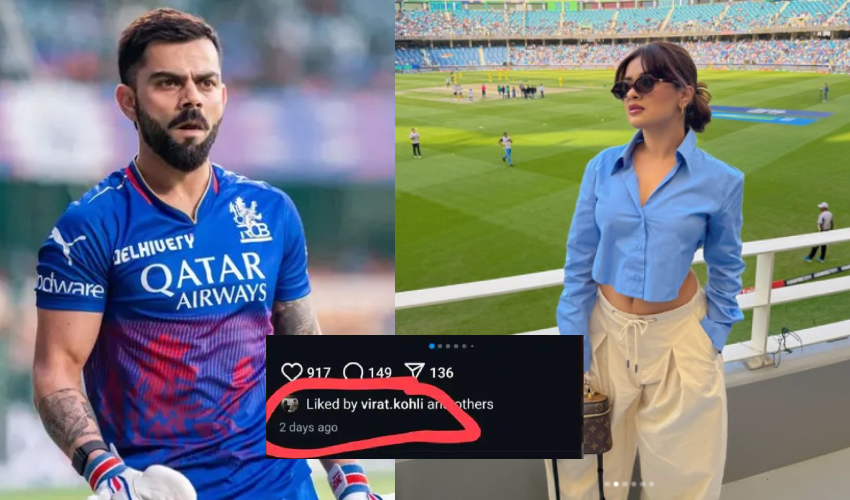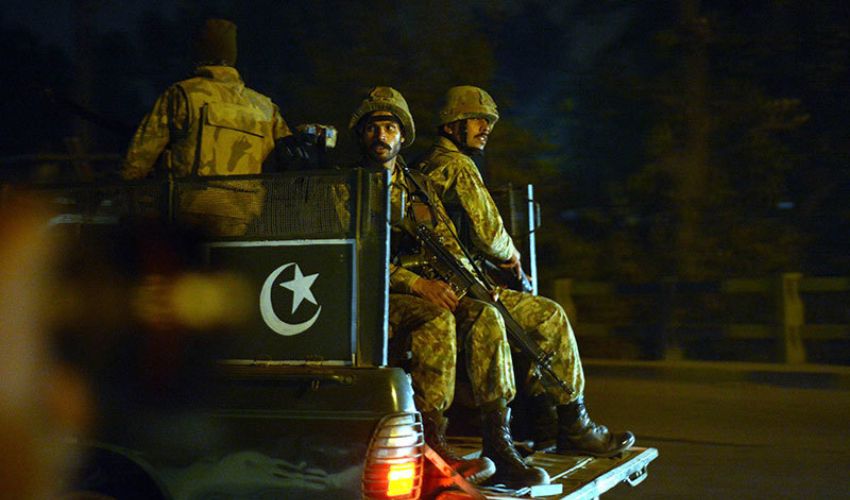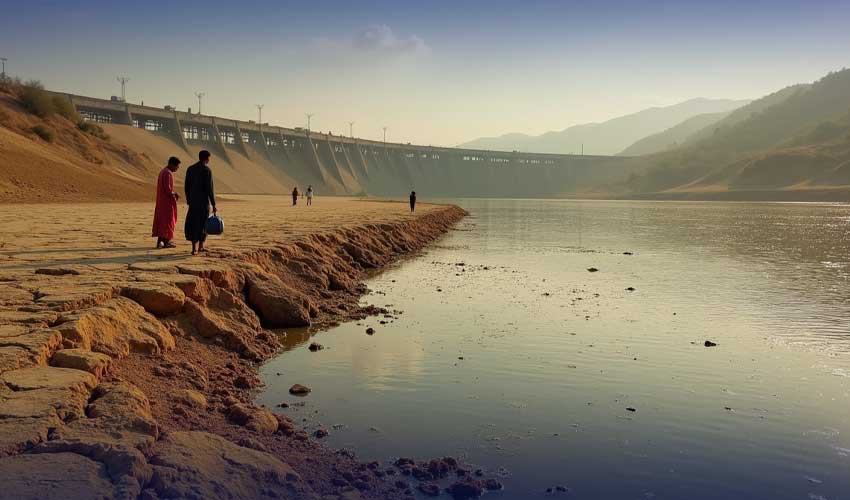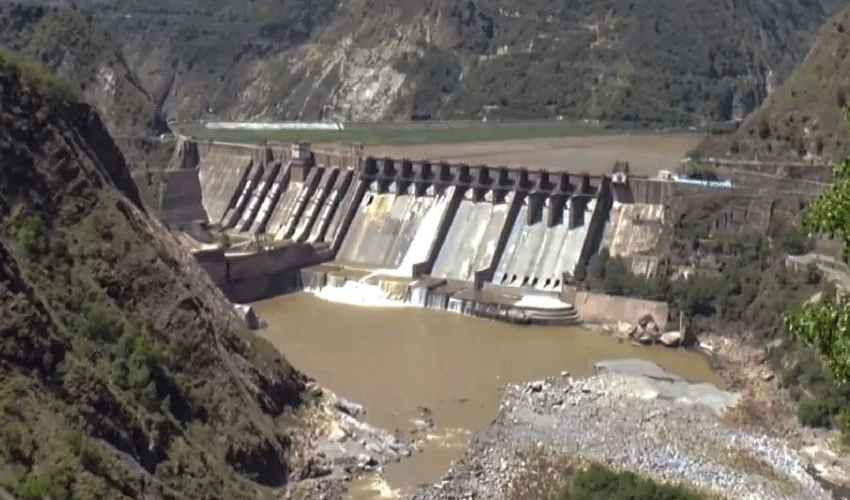UN Secretary-General Antonio Guterres expressed optimism for Lebanon’s future following his two-day visit to the country,
The visit which included meetings with newly elected President Joseph Aoun, Prime Minister-designate Nawaf Salam, and Hezbollah ally, Parliament Speaker Nabih Berri, coincided with fresh optimism for Lebanon, which had suffered a devastating war and endured a two-year political vacuum.
Guterres stated, "Throughout my time here, I have sensed an atmosphere of opportunity," addressing reporters in Beirut on Saturday. "After one of the most difficult years in generations, Lebanon is on the cusp of a more hopeful future."
His remarks came just days after Aoun’s election as president on January 9 and Salam’s appointment as prime minister, which marked the end of Lebanon’s two-year political deadlock.
Guterres also held discussions with French President Emmanuel Macron on Friday, during which Macron announced that France would soon host an aid conference to help rebuild Lebanon.
“We will intensify our support for recovery and reconstruction across Lebanon,” Guterres affirmed, highlighting the ongoing commitment of the United Nations.
The UN chief also addressed the fragile but holding ceasefire between Israel and Hezbollah, which had brought an end to two months of intense fighting. "The cessation of hostilities is fragile, but it is holding," he added.
Lebanon's political leadership was now facing the critical deadlines in the implementation of the ceasefire agreement.
Under the deal, which was brokered on November 27, the Lebanese army was tasked with deploying alongside UN peacekeepers from UNIFIL in southern Lebanon, as the Israeli army withdrew.
Hezbollah, in turn, was required to pull its forces back north of the Litani River and dismantle any remaining military infrastructure in the south.
Aoun, in his remarks, insisted that Israel must comply with the January 26 deadline to fully withdraw from southern Lebanon as stipulated in the agreement. "Israel's continued violations on land and in the air... blowing up homes and destroying border villages, completely contradicts what was stated in the ceasefire agreement," a statement from his office said.
Hezbollah’s leader, Naim Qassem, had earlier warned Israel against testing their patience, accusing the Israeli military of violating the ceasefire hundreds of times. "We have been patient with the violations to give a chance to the Lebanese state responsible for this agreement," Qassem stated in a televised speech, urging the Lebanese government to be firm in its response.
Aoun, a former army chief, had made it clear that Lebanon’s state would maintain a "monopoly" on the use of weapons, a stance that analysts believe contributed to his political backing and eventual election. Following his victory, Salam, a former presiding judge at the International Criminal Court, was appointed prime minister, gaining support from Lebanon's divided political factions.
However, Qassem, representing Hezbollah, emphasised that the movement’s backing of Aoun and Salam had been crucial in breaking Lebanon’s political deadlock. "No one can exploit the results of the aggression in domestic politics," Qassem warned.
"No one can exclude us from effective and influential political participation in the country."
In a related statement on Friday, Guterres had called for an end to Israel’s military operations and its "occupation" of southern Lebanon, while also reporting that UN peacekeepers had discovered over 100 weapons caches belonging to Hezbollah or other armed groups in the region.
French President Macron, also present in Beirut, underscored the need for "accelerated" implementation of the ceasefire to ensure peace in the region.




























